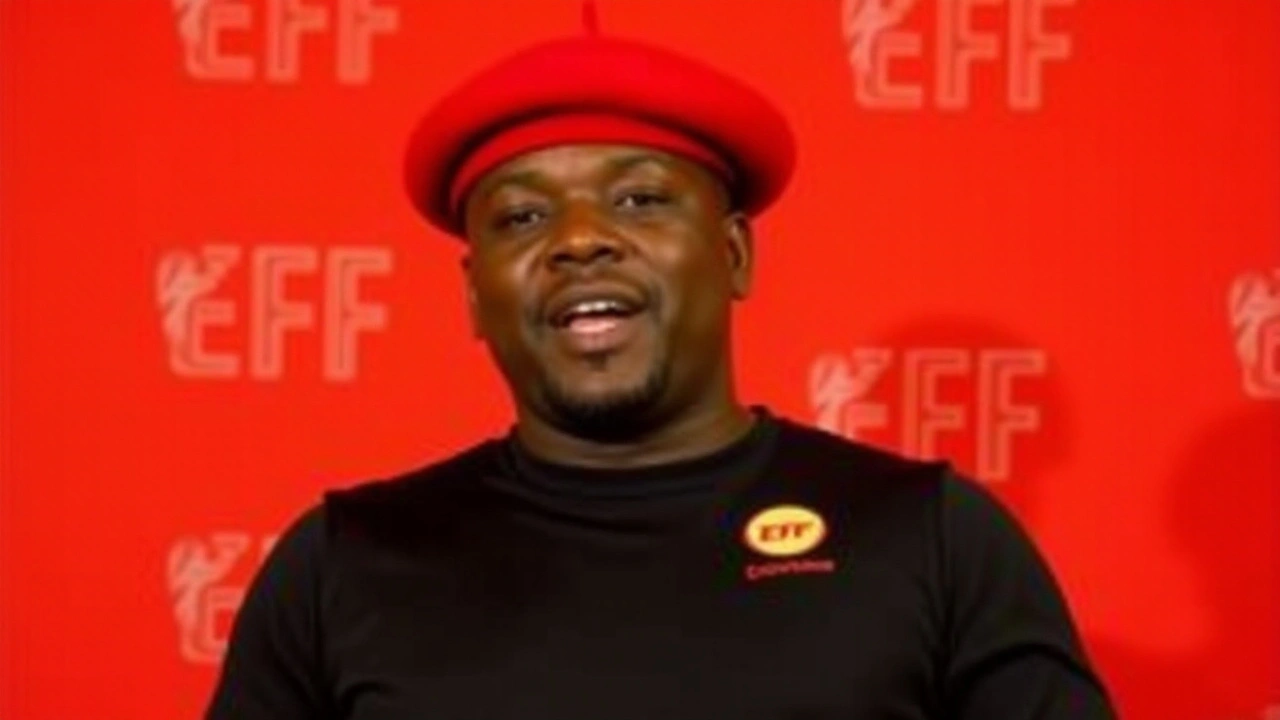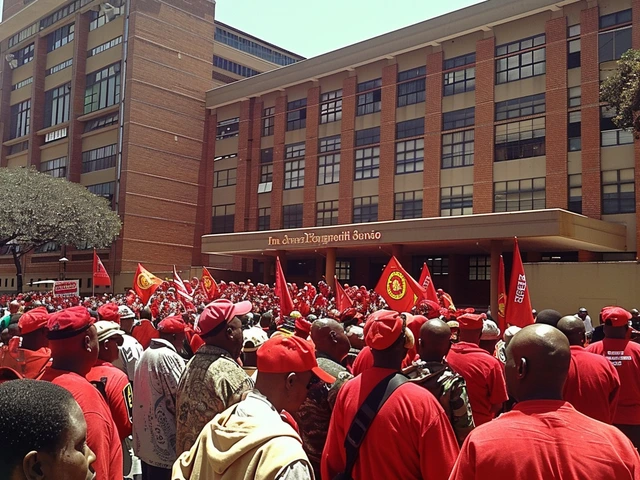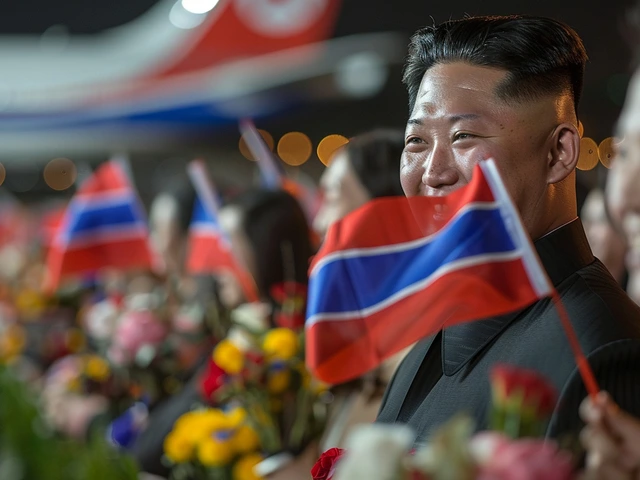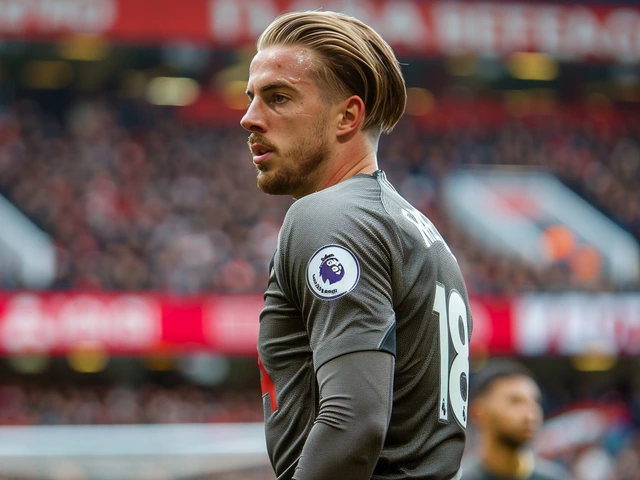Floyd Shivambu Steps Down as EFF Deputy President
The landscape of South African politics is undergoing yet another significant shift as Floyd Shivambu, the deputy president of the Economic Freedom Fighters (EFF), has officially resigned from his position within the party. This unexpected announcement was made during a recent press briefing at the EFF headquarters located in Marshalltown, Johannesburg. His departure is a notable development, given Shivambu's influential role in the party.
Rising Tensions Between EFF Leaders
According to sources, Shivambu's resignation is largely attributed to a deteriorating relationship with the EFF's leader, Julius Malema. It has come to light that Malema discovered Shivambu's plans to contest for the party's presidency. This revelation significantly worsened the existing tensions between the two leaders, leading to a confrontation that many saw as inevitable.
The fallout between Malema and Shivambu underscores deeper issues within the EFF. Both leaders have been pivotal in steering the party since its inception, but their recent clashes signal a troubled future for the organization. Insiders indicate that malcontent has been brewing for some time, with differences in leadership style and vision contributing to the rift.
Impact on the EFF's Political Standing
Shivambu's resignation comes at a particularly challenging time for the EFF. The party has been grappling with a series of setbacks, most notably the emergence of the uMkhonto weSizwe (MK) Party, founded by former President Jacob Zuma. This new political force has pushed the EFF to become the fourth most popular party in South Africa, exacerbating internal strains and highlighting weaknesses in the EFF's political strategy.
Increasing competition in the political arena has forced the EFF to reassess its position and strategy. The emergence of new parties is fragmenting the political landscape, making it more difficult for existing parties to maintain their grasp on power. In this volatile environment, the departure of a key leader like Shivambu can have far-reaching consequences.
Allegations and Controversies
Adding to the turmoil, allegations of financial misconduct have surfaced, further complicating the EFF's internal dynamics. Both Julius Malema and Floyd Shivambu have been implicated in the looting of R16.1 million from the VBS Mutual Bank. This scandal has not only damaged the reputations of the leaders involved but also raised questions about the ethical standing of the EFF as a whole.
The VBS Mutual Bank scandal has been a significant blow to the party, even as it strives to distance itself from the allegations. Public trust in the EFF has been eroded, and the scandal has provided ammunition for political opponents who are quick to capitalize on the party's vulnerabilities.
Reactions and Future Implications
The reaction to Shivambu's resignation has been mixed within the political community. Some view it as a necessary step for the EFF to move forward and address internal issues, while others see it as a sign of deeper problems that could jeopardize the party's future. Analysts are closely watching how the EFF will navigate this crisis and what steps it will take to restore unity and public confidence.
This resignation not only highlights the internal struggles within the EFF but also reflects broader trends in South African politics. The country is experiencing a period of significant political realignment, with new parties emerging and established ones facing fresh challenges. For the EFF, finding a way to resolve its internal disputes and regain its footing will be crucial for its survival and future success.
As the EFF regroups and rethinks its strategies, the actions taken in the coming weeks and months will be critical. The party's ability to address internal issues, manage public perception, and present a united front will be essential factors in determining its future trajectory in South African politics.
Conclusion
In conclusion, Floyd Shivambu's resignation from the EFF is more than just a personal departure; it signifies a tumultuous period for the party and reflects broader shifts in South Africa's political climate. The EFF must now contend with internal divisions, external competition, and damaging allegations as it seeks to chart a path forward. The outcome of these challenges will shape not only the future of the EFF but also the broader political landscape in the country.






